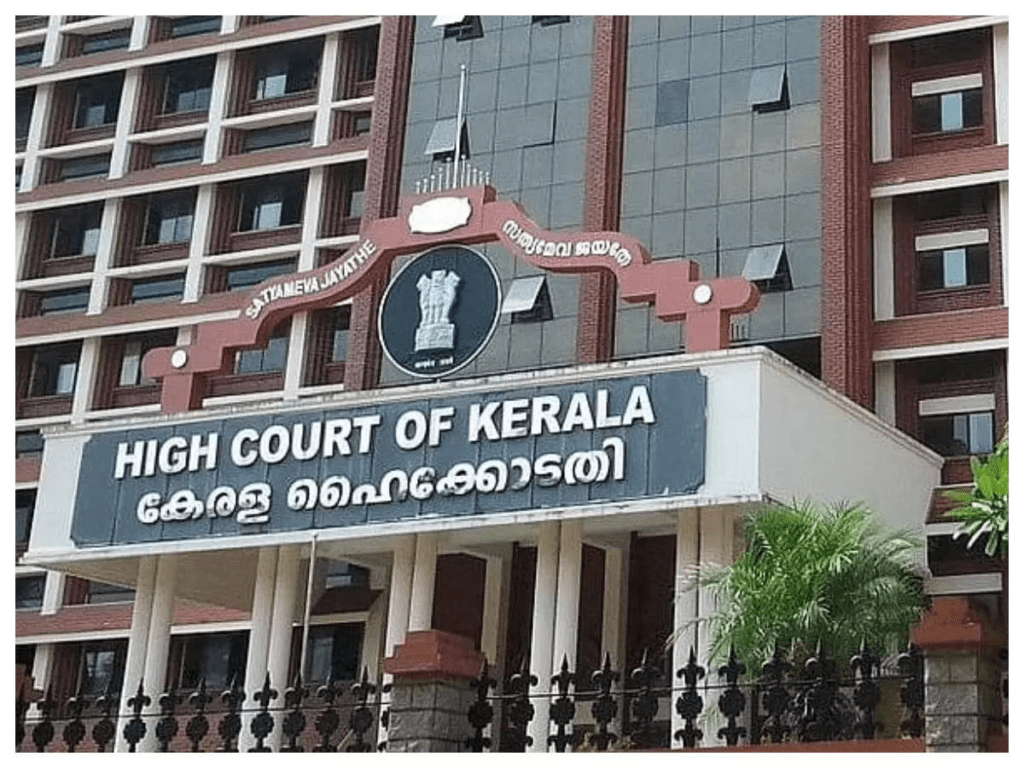
Keywords: POCSO Act of 2012, Juvenile Justice ( Care and protection of Children ) Act of 2015, Case of Rehana Fathima Vs. State of Kerala.
Women Naked Body should not always be compared as being sexual and obscene. Rehana Fathima, a 33 year old women, was accused of charges under sec. 13,14 and 15 of POCSO Act, 2012 , sec. 67B (d) of IT Act, 2000 and se.75 of Juvenile Justice Act, 2015[1] only for circulating a video in which she was semi nude and provided her body as a canvas for her minor child to paint on it by allegations of using her child for real or stimulated sexual acts for sexual gratifications.
She contended that the purpose of the video to upload was to show emphasis and expose on ‘double standard’ being prevailed and to show mindset of society in which women body is sexualized in all contexts while a naked male body is not subjected to get suffered from such sexualisation and can never be titled as ‘obscene’.
Being agreed with her contentions, Justice Kauser Edappagath said that there was nothing wrong in the video and this concept of viewing nude bodies should become normal by not taking it as indecent or sexually explicit. He stated that using the statement,’ usage of child in real or simulated sexual act’ for innocent arts of child and his expressions is ‘Harsh’.
In the festival of ‘Pulikali[2]‘, celebrated in swaraj ground of Thrissur, Kerala on fourth day ‘Onam’ festival, body painting on men is an accepted tradition and no questions are arisen over their autonomy. So, there should be fair treatment and equality to both genders. Court also pointed out that there were statues and arts of Female Gods and Dieties or Idols in semi-nude form in Temples and different other places also all over the country that are considered as ‘sacred’ and ‘Holy’ . So , this double standard prevailing in society should come on an end as this right of women having autonomy over their body is also included as the ‘Fundamental Right’ under Indian Constitution directing rights of equality under Art. 14 and rights of privacy and personal liberty under Art. 21.
As her earlier appeal for discharge against trial court against the afore-mentioned charges was dismissed In her appeal to High Court for same issue, Court held her discharged and be acquitted from all the charges alleged against her by stating that the lower court completely disregarded the view and opinion behind the circulation of the video and there are no evidence that can prove the charges put on her.
Deciding Justice of the case said, “Nudity should not be tied to sex and the mere sight of the naked body of women is not subjected to sexual, indecent and obscene by default” , by rejecting the contentions of the prosecutor that contended that the video was against the public notions of morality and would have a morally corrupt effect on people’s mind who watch it.
Court rejected this argument on the fact that social morality completely inherents social subjectivity in itself and further said that, “Every individual is entitled to the autonomy of his/her body regardless of Gender.”
Written by : Chanchal, College Name : GLA University, Mathura, Semester: 2nd , a Legal Intern under Legal Vidhiya

[1] https://www.livelaw.in/high-court/kerala-high-court/kerala-high-court-rehana-fathima-pocso-act-children-painting-naked-body-video-obscenity-quashed-230069#:~:text=The%20Kerala%20High%20Court%20on,on%20her%20semi%2Dnude%20body.
[2] https://www.indianholiday.com/fairs-and-festivals/kerala/pulikali.html




0 Comments